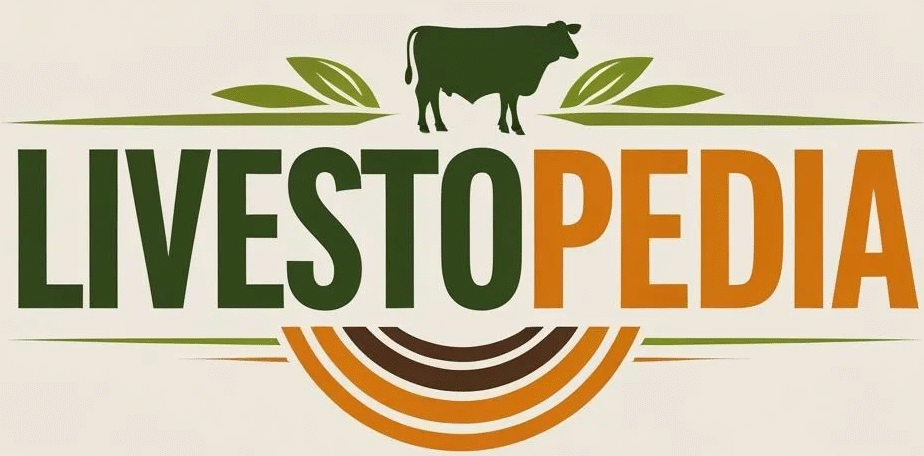Feeding is one of the most critical aspects of turkey farming, influencing growth rates, meat quality, reproductive performance, and overall farm profitability.
Effective feed management involves delivering the right nutrients at the right time, monitoring bird health and intake, and minimizing waste.
A well-structured feeding program adapts to the bird’s age, breed, production purpose, and management system, ensuring that nutrition supports both productivity and welfare.
Nutritional Requirements
Turkeys have higher protein and energy needs than chickens, especially in the early stages of growth.
Poults require high-protein starter feeds containing around 26–28% protein to support rapid muscle and feather development.
As they mature, protein levels can gradually decrease to 20–22% during the grower stage and 16–18% during the finishing phase.
Vitamins and minerals (particularly calcium, phosphorus, vitamin D3, and vitamin E) must be consistently supplied to maintain strong bones, immunity, and reproductive performance.
Stage-by-Stage Feeding Strategies
Feeding programs should be tailored to the bird’s growth stage.
During the starter phase (0–8 weeks), nutrient density is the highest, with feed available at all times to avoid stunted growth.
The grower phase (8–16 weeks) focuses on building body mass with slightly reduced protein but balanced minerals.
In the finisher phase (16 weeks to market), energy levels increase to improve meat quality and fat cover.
Breeding turkeys require specialized diets that support fertility and egg production without causing obesity.
Feed Form
The form in which feed is offered greatly affects consumption and efficiency.
Crumble or mash is ideal for poults, as it is easier to eat, while older turkeys can consume pellets without difficulty.
Feed freshness is essential; stale or moldy feed can reduce intake and cause illness.
Storing feed in cool, dry, rodent-proof containers helps maintain quality, while purchasing in smaller batches prevents nutrient loss over time.
Foraging and Supplemental Feeding
For free-range systems, turkeys can obtain a portion of their diet from natural sources such as insects, grasses, and seeds.
However, foraging alone is not enough to meet their full nutritional needs. Supplemental feeding with a formulated ration ensures consistent nutrient intake during seasons when pasture quality declines.
Strategic placement of feeders across the range encourages even grazing and reduces crowding.
Water
Water is as important as feed, as it plays a vital role in digestion, nutrient absorption, and overall metabolism.
Turkeys typically consume twice as much water by weight as feed, and this ratio increases in hot weather.
Clean, cool water should be available at all times, with drinkers cleaned daily to prevent contamination.
Poor water quality will quickly lead to reduced feed intake and slower growth.
Monitoring Intake and Adjusting Diets
Regularly tracking feed consumption allows farmers to spot early signs of health problems, feed wastage, or nutrient imbalances.
Sudden drops in intake may indicate disease, poor feed quality, or environmental stress.
Conversely, excessive consumption of low-protein, high-energy feed can lead to fat buildup and reduced productivity.
Adjusting rations based on performance and seasonal changes ensures optimal feed efficiency.
Reducing Waste
Feed waste is a common and costly problem in turkey production.
Using properly sized feeders, avoiding overfilling, and ensuring dry feeding areas can significantly reduce losses.
Pelleted feeds typically have lower wastage than mash, though they may cost more.
In smaller farms, mixing cost-effective rations using local ingredients can reduce expenses, provided the feed remains balanced for all essential nutrients.
Wrapping Up
Successful turkey feed management requires a careful balance between cost control and nutritional adequacy.
By understanding the bird’s specific needs at each stage of growth, providing fresh and balanced rations, ensuring constant access to clean water, and monitoring intake closely, farmers can achieve steady weight gains, healthier flocks, and better market returns.
Whether in intensive or free-range systems, a well-managed feeding program is the foundation of profitable and sustainable turkey farming.
